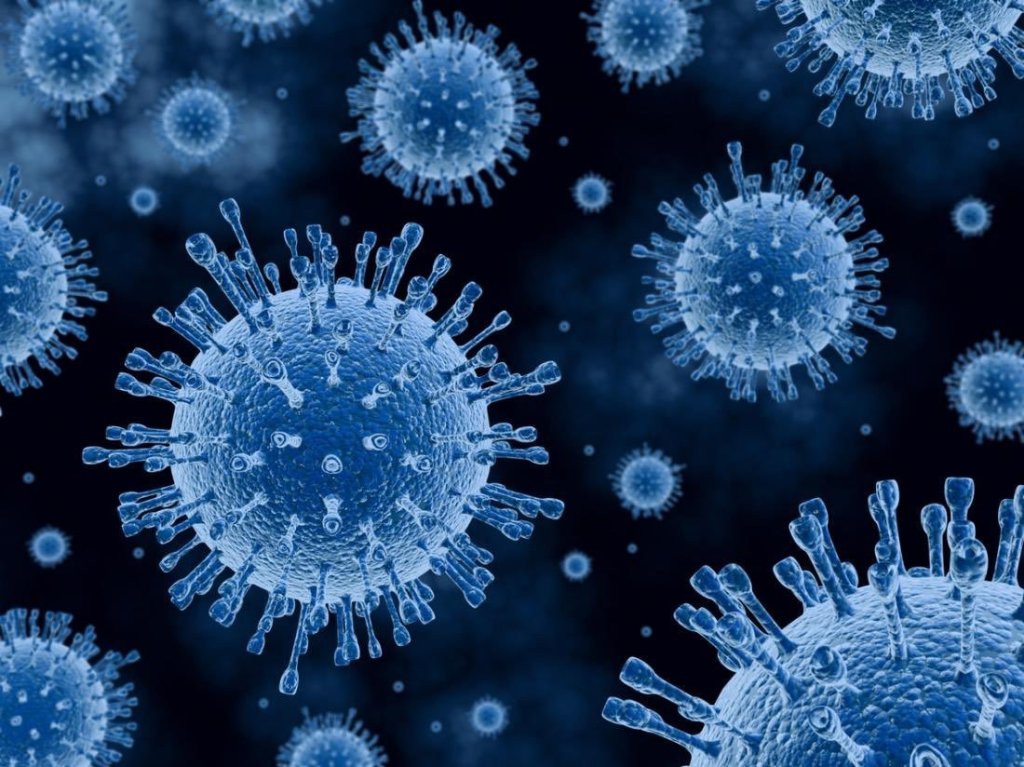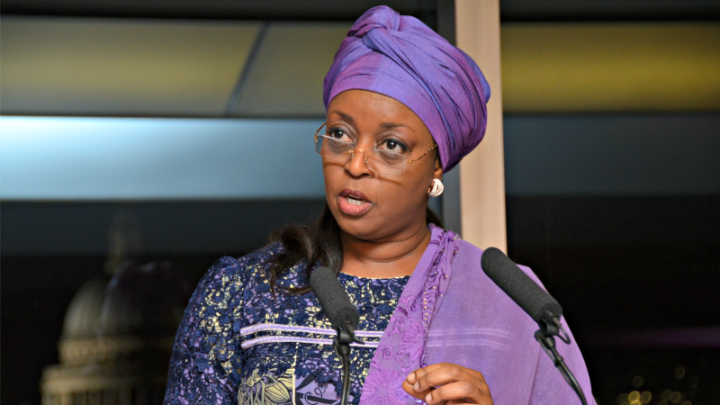A mutation of the novel coronavirus becoming more rampant in some parts of the world may be less deadly even though more infectious, according to research.
Paul Tambyah, president-elect of the International Society of Infectious Diseases, told Reuters that the D614G mutation in SARS-CoV-2 could be “a good thing” as it poses less threat.
He said current evidence suggests the proliferation of the strain in some countries has coincided with a drop in death rates in those places.
“Maybe that’s a good thing to have a virus that is more infectious but less deadly,” Tambyah told Reuters.
Advertisement
“It is in the virus’ interest to infect more people but not to kill them because a virus depends on the host for food and for shelter.”
On Sunday, Malaysia announced it has detected the D614G mutant which was first discovered in January but is now becoming a predominant variant in cases in Europe, North America and parts of Asia.
It was found in a cluster of 45 cases that started from a patient who arrived the country from India.
Advertisement
Noor Abdullah, Malaysia’s director-general of health, said the strain detected was 10 times more infectious than the prevalent one.
The World Health Organisation (WHO), however, said there is no evidence yet that it leads to a more severe disease.
Maria Rosario Vergeire, Philippines health undersecretary, also spoke of claims that the strain has a higher possibility of transmission, but added that “we still don’t have enough solid evidence to say that that will happen.”
While some successes have been recorded in the search for a vaccine against the novel coronavirus, Abdullah argued that vaccines being developed may not be effective against the D614G mutant.
Advertisement
Tambyah, however, told Reuters that mutations are likely not to change the virus “enough to make potential vaccines less effective”.
Add a comment







